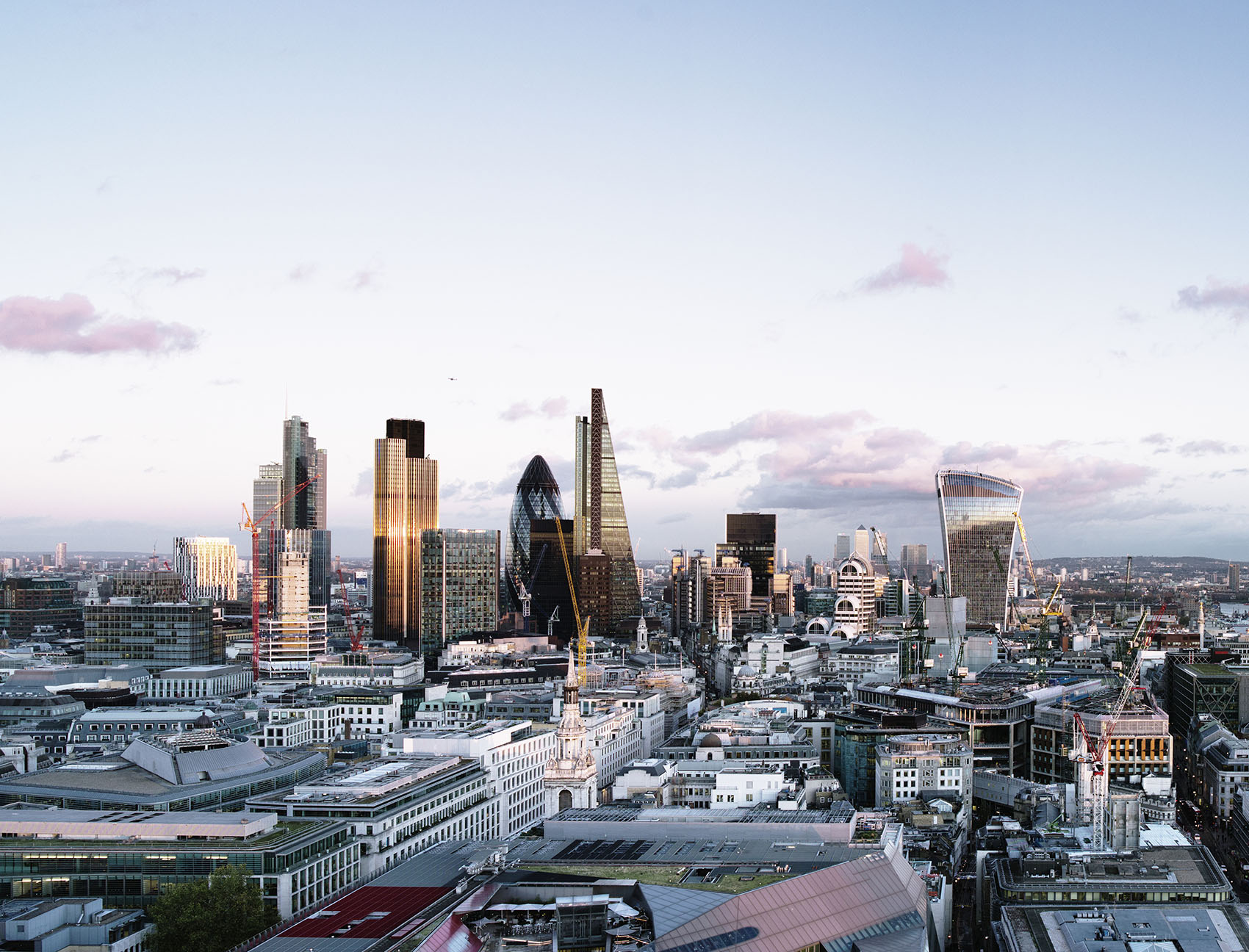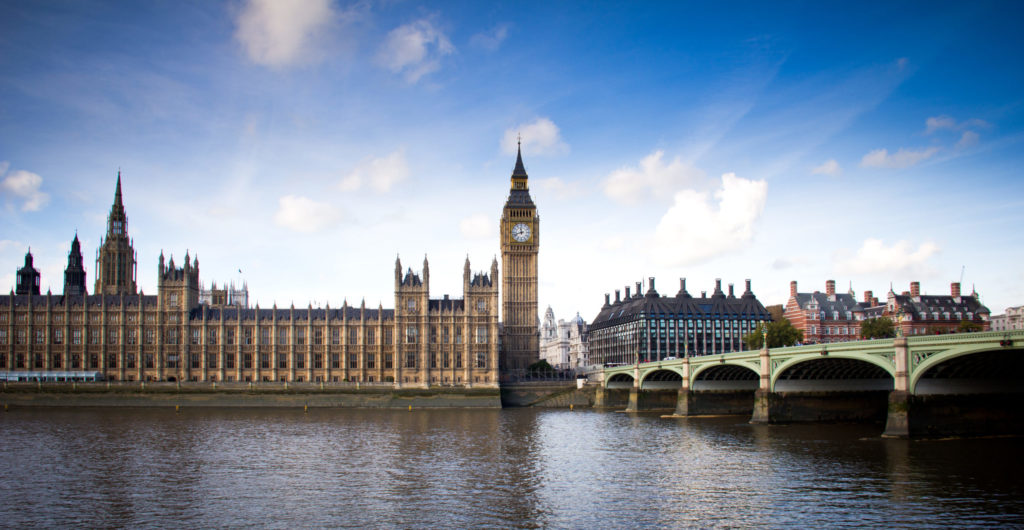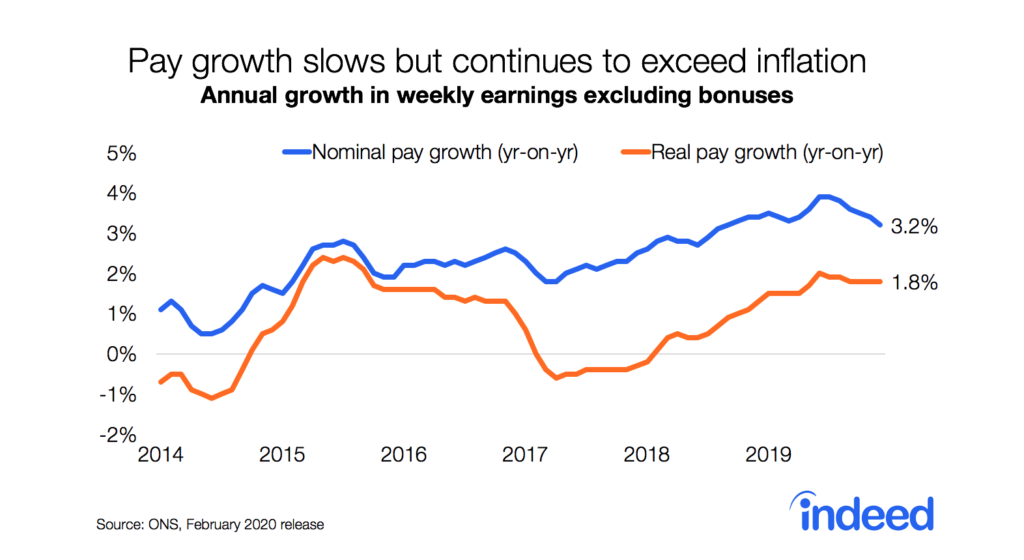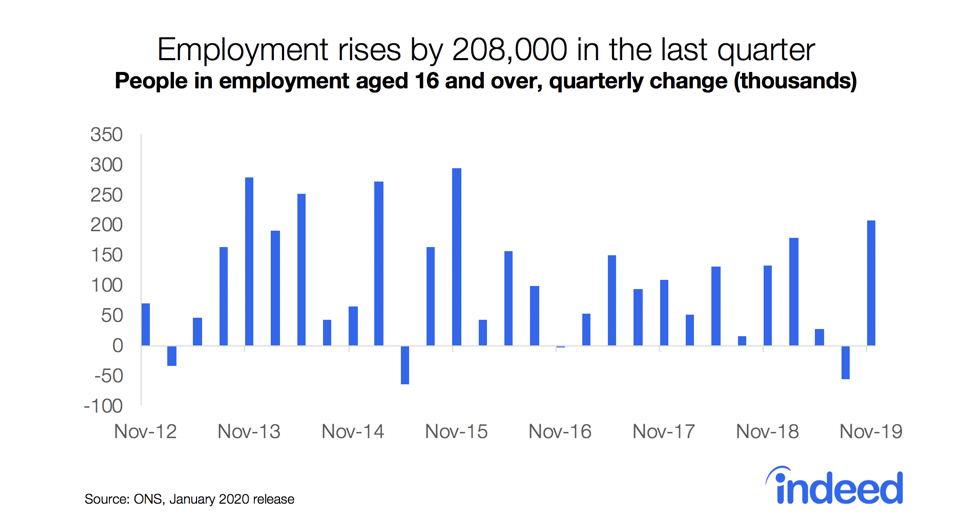A bit of good news today from the ONS: labour productivity in the UK rose for the second quarter in a row at the end of 2017 with a boost of 0.7% in output per hour. This size gain in labour productivity would have been near unthinkable for much of the past decade – and the uptick at the end of 2017 has brought productivity back up to a level not seen since before the economic downturn of 2008.
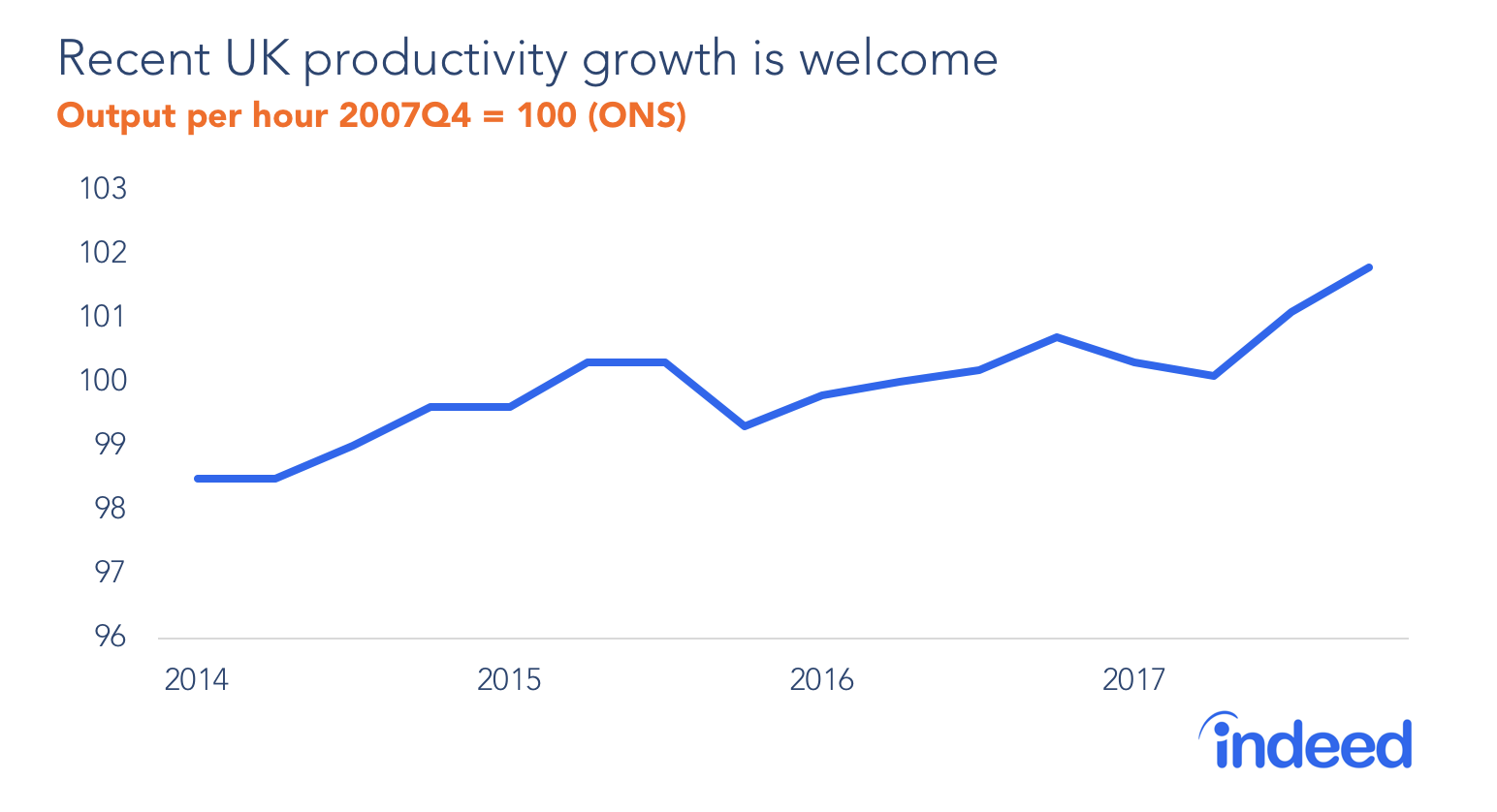
Impressive though this jump is, output per hour worked is still just 1.8% higher than it was on the eve of the recession and Britain’s productivity puzzle remains far from solved.
Britain’s lost decade of weak productivity is more than an academic oddity – it’s a constant brake on the economy and the underlying reason why Britons’ paypackets are growing so slowly.
At one point last year British productivity was growing at its slowest rate for nearly two centuries. So even with the growth clocked in the second half of 2017, it’s still languishing in both historical and global terms.
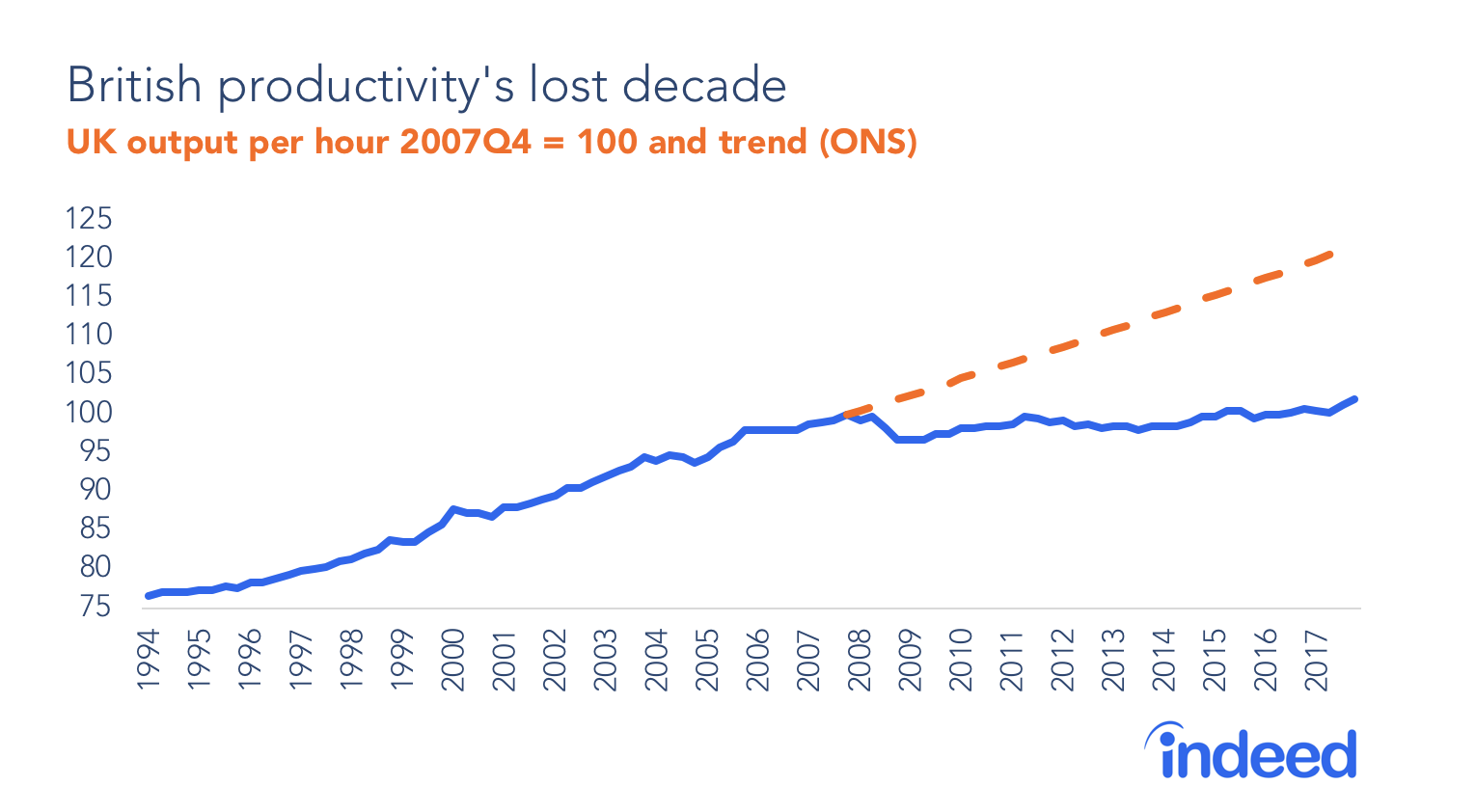
While the UK isn’t the only country to have been hit by weak productivity in the last decade, the impact here has been harder and longer – and we remain at the bottom of the pile among major developed economies. In 2016, UK output per hour worked was 16.3% lower than that in the other G7 nations.
With the British economy now generating new jobs at a slower rate, the UK needs its existing workforce to work more productively – as it’s this that creates a bigger economic pie for all of us.
GDP growth is holding up better than expected, and as inflation falls the prospect of a return to real wage growth is inching closer. But poor productivity remains Britain’s Achilles heel and today’s improvement is a step in the right direction – but there’s a long way to go yet.
